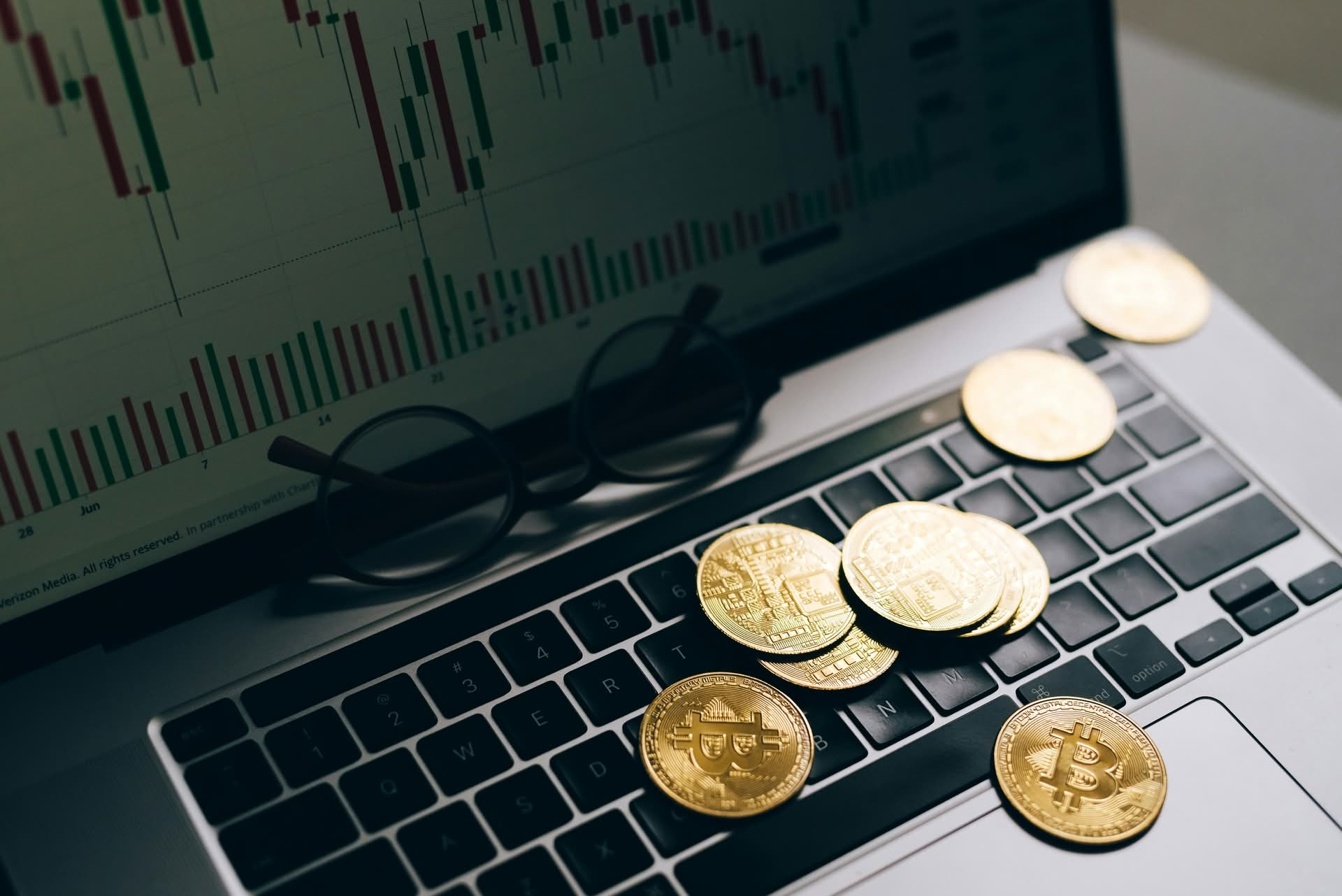and the distribution of digital products.
Artificial intelligence (AI) and cryptocurrency: Revolutionizing the future of finance and technology

Artificial Intelligence (AI) and cryptocurrency are the most transformative technologies shaping the modern world. Both technologies have individual significance—AI is reshaping industries with machine learning, data analysis, and automation, while cryptocurrency disrupts traditional financial systems with decentralized digital currencies like Bitcoin and Ethereum.
When combined, AI and crypto offer revolutionary potential to streamline financial systems, enhance security, and create new ways to manage and use digital assets. A key illustration of this technology-driven evolution is the rising prominence of Dogecoin. The price trends and performance of Dogecoin Price showcase the evolving synergy between cryptocurrency and AI as they reshape the future of finance and technology.
In this article, we explore how AI and cryptocurrency intersect and their likely impact on the future of finance and technology.
The basics: AI and cryptocurrencyArtificial Intelligence refers to machines or software systems capable of performing tasks that typically require human intelligence, such as decision-making, problem-solving, and learning from data. AI can analyze massive datasets, optimize processes, and predict trends, making it an invaluable tool across healthcare and finance industries.
Cryptocurrency is a digital currency that uses cryptographic technology to secure transactions, control the creation of new units, and verify transfers. Unlike traditional currencies governments and central banks issue, cryptocurrencies operate on decentralized networks—most commonly, blockchain technology. Popular cryptocurrencies like Bitcoin, Ethereum, and Litecoin enable peer-to-peer transactions without intermediaries like banks, making them highly secure and potentially more cost-effective.
The synergy: AI enhancing cryptocurrencyWhen AI is applied to the cryptocurrency space, the opportunities are vast. One of the most notable ways AI benefits cryptocurrency is through data analysis and trading. Cryptocurrency markets are highly volatile, fluctuating prices based on market sentiment, regulations, and technological advancements. AI can analyze this data, predict market trends, and execute trades more efficiently than any human could.
AI in crypto tradingAI-driven crypto trading bots are increasingly popular among individual traders and financial institutions. These bots use AI algorithms to analyze historical data, monitor current market conditions, and predict price movements. This allows them to execute trades in milliseconds, taking advantage of market opportunities before human traders even react.
Machine learning, a subset of AI, also allows these bots to improve over time. As they analyze more data, they refine their algorithms, becoming more accurate in their predictions. This can be a game-changer in a market like cryptocurrency, where small price changes can lead to significant gains or losses.
AI and fraud detectionAnother critical intersection of AI and crypto is fraud detection and security. Since cryptocurrencies are digital and decentralized, they are susceptible to hacking, theft, and fraud. AI can play a crucial role in detecting and preventing these issues. By analyzing large datasets of transactions, AI can identify patterns and anomalies that might indicate fraudulent activities.
For example, AI algorithms can spot unusual transaction volumes or the sudden movement of large amounts of cryptocurrency, which could signal a hack or security breach. In this way, AI adds a layer of security, protecting users and making the crypto space safer.
 (Image credit)
AI and smart contracts
(Image credit)
AI and smart contracts
Smart contracts are self-executing contracts with the terms of the agreement written into code. They are typically run on blockchain platforms like Ethereum. AI can make innovative agreements even more potent by automating and optimizing contract execution. For example, AI algorithms can ensure all contract conditions are met before automatically triggering the next step in the contract’s lifecycle.
AI also has the potential to introduce more flexibility and intelligence into smart contracts. Current intelligent contracts execute based on predefined rules, but AI could enable them to adjust based on changing circumstances or external data inputs. This would make smart contracts more adaptive and helpful in complex, real-world scenarios.
Challenges and ethical considerationsWhile AI and cryptocurrency offer exciting possibilities, they also have significant challenges. The use of AI in trading, for instance, can create ethical concerns about market manipulation. AI-powered trading bots can potentially dominate the market, creating unfair advantages for those with access to advanced algorithms. This could lead to a concentration of wealth and power in a few hands, undermining cryptocurrency’s decentralized ethos.
Moreover, using AI in decision-making processes, especially finance, can lead to biases. Since AI algorithms are trained on historical data, they may perpetuate existing biases in the financial system. For example, AI algorithms could make loan approval decisions based on biased historical data, reinforcing discrimination.
Additionally, the environmental impact of both AI and cryptocurrency must be considered. Cryptocurrency mining, particularly Bitcoin, consumes vast energy and raises concerns about its sustainability. AI systems, especially those that require massive computational power, also contribute to environmental degradation.
Future possibilitiesDespite these challenges, the future of AI and cryptocurrency looks promising. Combining AI’s analytical capabilities with cryptocurrency’s decentralized, secure nature could revolutionize global financial systems. For example, AI could power decentralized finance (DeFi) platforms, providing automated and optimized financial services without the need for traditional intermediaries like banks.
Moreover, AI could help stabilize cryptocurrency markets by providing more accurate predictions and reducing volatility. It could also make cryptocurrencies more accessible to the average person by simplifying the user experience, automating tasks like wallet management, and reducing transaction fees.
Integrating AI with blockchain technology could lead to innovations, such as AI-driven decentralized autonomous organizations (DAOs), which would allow businesses and organizations to run without human oversight, relying entirely on smart contracts and AI algorithms.
ConclusionThe intersection of AI and cryptocurrency represents a new frontier in finance and technology. As AI continues to evolve, its applications in the crypto space will expand, offering more efficient trading, enhanced security, and more brilliant contracts. However, with these advancements come significant challenges, including ethical concerns and environmental impacts. Balancing innovation with responsibility will be vital to ensuring that the future of AI and cryptocurrency is beneficial for all.
In the coming years, the convergence of these two groundbreaking technologies is poised to transform industries, create new opportunities, and reshape how we think about money, finance, and digital assets.
Featured image credit: Leeloo The First/Pexels
- Home
- About Us
- Write For Us / Submit Content
- Advertising And Affiliates
- Feeds And Syndication
- Contact Us
- Login
- Privacy
All Rights Reserved. Copyright , Central Coast Communications, Inc.